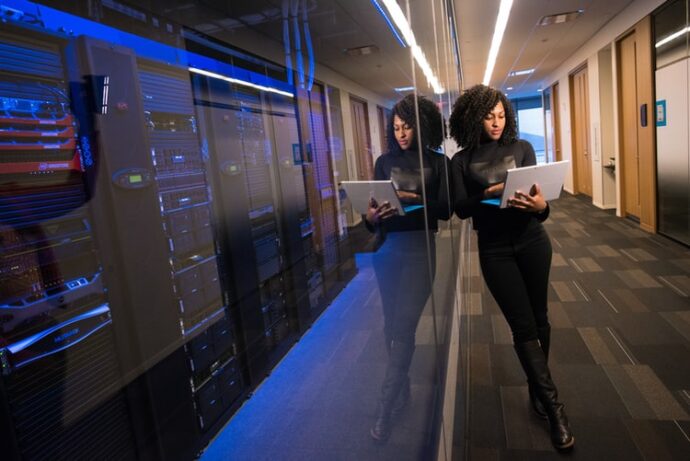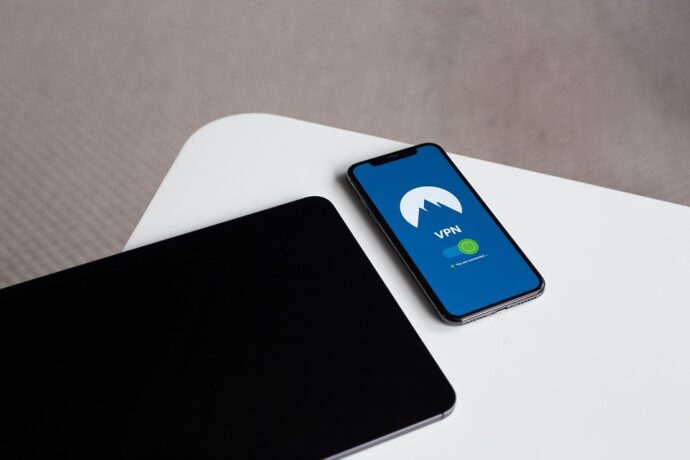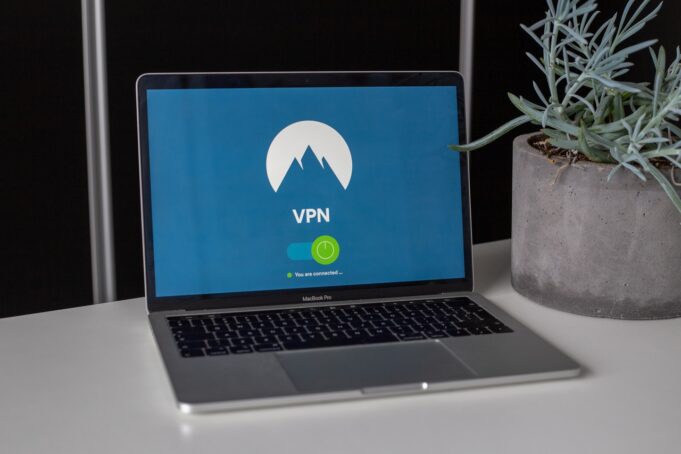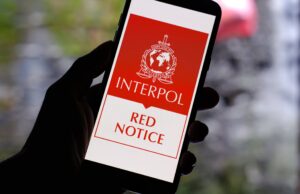Surfing the web can sometimes be risky, especially if you are connected to public Wi-Fi. Anyone with a little technical knowledge can see your personal information as well as the websites you have visited. VPN or “Virtual Private Network” comes here as a very useful tool because it masks your real IP address, and your Internet sessions become private. The main premise of VPNs is to protect you from ‘curious eyes’, but the question arises – who monitors VPNs? Do they have implemented best practices and do they keep any logs (records) about you?
Below we will see what logs VPNs can keep and why you should be concerned about some of them.
Problem With VPN Logs
The most popular VPNs on the market claim that they do not keep any logs or records about you, but often this is not quite true. Most VPNs must have some specific logs about your activity so that they can ensure that the service is working properly and that there are no problems.
Despite (external) security checks and transparent ‘gestures’, it is impossible to fully verify that the VPN provider really does not have records about you that could tie you with the specific Internet activity.
Of course, VPN logs should not be a problem if you use VPN to watch streaming services or to access websites that have a geographical restriction, such as bookmakers which don’t allow players from certain locations to wager (to find out about such restrictions, check out the database of worldwide sportsbooks at Bookmaker-Expert.com). But for journalists, lawyers, or political dissidents, it could be disastrous. Sometimes it is really about their personal security and that is why it is very important to see what kind of logs the VPN actually saves or claims to be saving.

Types of VPN Logs
Most data from VPN logs can be divided into three categories. Some of these logs don’t pose a major risk to user privacy, while some data is sensitive and may expose you to government surveillance or cybercriminals. If you don’t want the state or criminals to know what you are doing, then you want to use a secure VPN.
# 1 Connection logs
The first type, i.e. the type of logs that VPNs can hold are those of connections (connection logs). They are collected at the individual or server level and mostly serve to improve or repair VPN services. If you see your connections breaking, then you can fix them. These logs often collect this information:
- Original IP address
- Server IP address
- Connection establishment time
- Bandwidth consumption
These logs help service providers to see how much traffic passes through a particular server, to prevent abuse (for example, when someone downloads torrents or the like, and this may not be allowed), and to keep the service in working order. Most VPNs that offer a number of devices on which you can run VPNs simultaneously use these logs to prevent you from connecting more devices than allowed. Also, this data is used to optimize VPN performance, and to solve problems that users may have when establishing a VPN connection.
On the other hand, these logs can help the VPN service, but also various government agencies, to identify you, as well as to identify your physical location. If you are a user who cares about your privacy, then it is definitely a good idea to check if the VPN service you intend to buy has these logs and what they contain. Some VPN services keep these logs for a certain number of days, after which they delete them – it is acceptable if they keep them for a couple of days, up to a maximum of one week. If you have a VPN service that keeps logs, for example, for 90 days – start looking for some other VPN.

# 2 Internet Traffic Logs
Internet traffic logs are the worst logs that exist and they refute the purpose of a VPN. These logs may contain information such as:
- Downloaded files from the Internet
- History of shopping from webshops
- Applications and software you use
We advise you to avoid such VPN services as much as possible.
VPN providers who have such logs often build “user profiles” so that they can sell information about you to third parties and advertisers. You will see this in free VPNs because they have to make some money to be able to run a business. So do not use free VPNs because in that case, you are the product. Information about you is for sale.
# 3 Usage logs
Usage logs include data that is directly related to your Internet activity. They may contain data such as:
- DNS requests
- Various metadata
- What websites you visited, etc.
These logs are usually deleted as soon as you finish your VPN session. Since these logs are kept on servers for a short time, they are often not a big risk. But from a security perspective, it is better to avoid them. Fair VPN providers often communicate such information in their privacy policies and/or on websites. Of course, there are those lesser-known VPNs that don’t say it explicitly, but you have to dig through the Internet to find which information they store about you and which they don’t.

What Are “No-Logs” VPNs?
“No-logs” VPN services are those that don’t save logs about connections and your online activities so that no one can connect you to use a VPN. Also, there should be no links to your real IP address, so that someone cannot find your physical location. In addition, there should be no logs of data that has passed through the VPN tunnel.
A real “no-logs” VPN service will do everything to make the user’s activity completely anonymous, and the only thing that is known about the user is the email address used to register and charge for the service. Some VPN services, such as ExpressVPN, go so far as to allow you to pay for the service with Bitcoin to have even less information about you.
What you need to know is that “no-logs” VPNs are not necessarily “zero-logs” VPNs. It is impossible to have an online service that has no data and that does not record anything. They have to write down, for example, the number of simultaneous devices on the VPN service so that they can tell you e.g. that “you cannot connect the fifth device to the VPN network, there is a limit of 4 devices”. But that should not be a problem. It is important they don’t record the data we listed above.
Choosing the Right VPN Service
There are many variations when it comes to VPN services and their logging policies. But as you can see, some logs don’t pose a problem, but some do. Certain information can help the service provider to provide you with a better service and solve any problems you may have. However, it is crucial to know what is logged, what is the purpose of these logs, how long they are stored before they are deleted, who can access them, and the like. So choose wisely and choose only those VPN services that are verified.
If you cannot find information about a certain VPN service, then you have two options. The first is – don’t use it, and the second is – dig up the data yourself on what they store and what they don’t. This information must be available for legal reasons, but they are often ‘hidden’ in EULAs (End-user license agreements) and similar documents that you must agree to before you can use the service.















